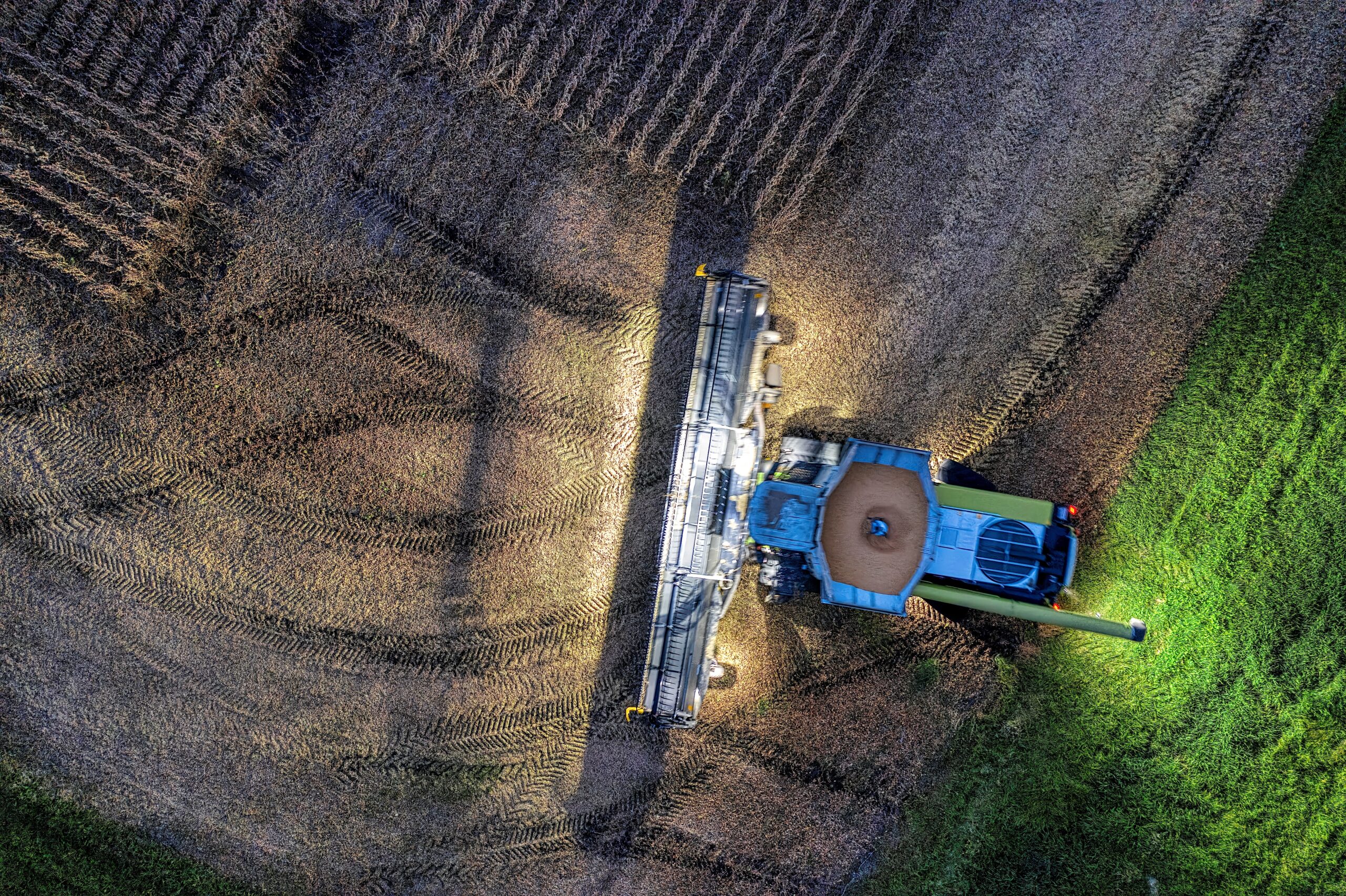Wholesome, sustainable, and inclusive food systems: Key to meeting global development goals
As the world’s population continues to grow, the importance of addressing global development goals becomes increasingly vital. One crucial aspect that holds immense potential in achieving these goals is the transformation of our food systems. By creating food systems that are wholesome, sustainable, and inclusive, we can effectively reduce extreme poverty, enhance living standards, and sustainably nourish a projected 9.7 billion people by 2050. Agricultural development emerges as a powerful strategy, offering numerous benefits and holding the key to unlocking economic growth and prosperity.
The Power of Agricultural Development:
When it comes to poverty reduction and improving livelihoods, few sectors can rival the impact of agricultural development. It has been demonstrated that the growth of the agriculture sector is two to four times more effective in boosting the incomes of the world’s poorest compared to other sectors. By investing in agricultural practices, infrastructure, and technological advancements, we can empower farmers, enhance productivity, and create employment opportunities, particularly in rural areas where poverty rates are often highest.
Economic Significance:
Agriculture not only plays a crucial role in poverty alleviation but also significantly contributes to global economic growth. It accounts for approximately 4% of global GDP, making it a substantial sector in terms of economic output. In some of the least developed countries, agriculture’s share of GDP exceeds 25%. This highlights the sector’s potential to stimulate economic activity, foster entrepreneurship, and drive forward the development agenda.
Wholesome Food Systems:
To meet global development goals, our food systems must prioritize the production and consumption of wholesome, nutritious food. This involves promoting sustainable farming practices that prioritize soil health, water conservation, and biodiversity conservation. By adopting agroecological approaches, such as organic farming, integrated pest management, and crop rotation, we can mitigate the negative environmental impacts associated with conventional agriculture. Furthermore, promoting diverse diets and reducing food waste are essential components of creating wholesome food systems that improve nutrition outcomes and reduce hunger.
Sustainable Agriculture:
Sustainability lies at the heart of global development. By embracing sustainable agricultural practices, we can ensure the long-term viability of food production while safeguarding natural resources. This includes adopting climate-smart techniques that mitigate greenhouse gas emissions, building resilience to climate change, and implementing efficient water management strategies. Sustainable agriculture promotes the use of renewable energy, precision agriculture technologies, and innovative farming systems to maximize productivity while minimizing environmental harm.
Inclusive Food Systems:
Creating inclusive food systems involves empowering small-scale farmers, ensuring gender equality, and addressing social and economic inequalities. Small-scale farmers make up a significant proportion of the global agricultural workforce and play a vital role in feeding communities. By providing them with access to resources, credit, education, and markets, we can enhance their productivity and livelihoods. Furthermore, promoting gender equality in agriculture is essential for achieving sustainable development, as women play a central role in food production, processing, and marketing in many regions.
To meet global development goals, we must prioritize the transformation of our food systems. Agricultural development emerges as a powerful strategy due to its proven ability to reduce poverty, enhance livelihoods, and stimulate economic growth. By fostering wholesome, sustainable, and inclusive food systems, we can tackle hunger, malnutrition, and poverty while protecting the environment and promoting social equity. As we strive to nourish a growing global population, let us recognize the transformative potential of agriculture and work collectively to ensure a prosperous and sustainable future for all.
Source of inspiration: The World Bank

